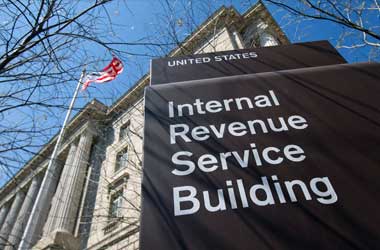 British Investment firm Hargreaves Lansdown has said that the UK government was now in a position to recover the money it had invested into the Lloyds Banking Group in 2009 which served as a bailout package.
British Investment firm Hargreaves Lansdown has said that the UK government was now in a position to recover the money it had invested into the Lloyds Banking Group in 2009 which served as a bailout package.
The analysis carried out by the company has revealed that the government could see a profit of £2.7 billion if it sold its current stake at existing share prices which is the range of 54 pence. The firm believes that the government can break even on its bailout amount by selling at just 7.5 pence.
Hargreaves said that the exit levels were now lower than before since the Treasury had already received fees last year from Lloyds for underwriting loans in 2009. This was revealed in the latest reports released by UKFI, the organization that manages the government's investments in Lloyds and RBS
The £2.7 billion profit calculated by Hargreaves includes the cost of government’s proposed plan of a public share sale offering retail shareholders the bank’s shares a 5 percent discount and one-for- ten bonus shares.
In a statement, Laith Khalaf, senior analyst at Hargreaves Lansdown said,
The government has now made enough money from the Lloyds bailout that it can comfortably make good on its promise to offer shares to the public, while still making a tidy profit for the Treasury. However the changes to the Cabinet following the referendum have raised questions over whether the government still intends to proceed with the public offer of Lloyds shares
Khalaf added that while financial institutions hope that the new Chancellor might keep out private investors, this would turn out to be a breach of trust as retail investors have been assured by the government repeatedly that a share offer would be issued.
More than 350,000 private shareholders have expressed interest in the Lloyds share sale by registering through Hargreaves Lansdown. This was done following ex-Chancellor George Osborne’s announcement during the Conservative Party conference in 2015.
The UK government has so far netted £16.6 billion from selling shares in the bank. It has additionally received from the bank dividends amounting to £373 million and £2.9 billion in fees. According to the analysis by Hargreaves Lansdown, the government needs to receive around £488 million more to recoup its entire bailout package.
In 2009, the government invested over £20 billion into Lloyds spread over tranches. It sold of around 70 percent of its stake between 2013 to 2016 gaining £16.571 billion as a result of the sale proceedings.




